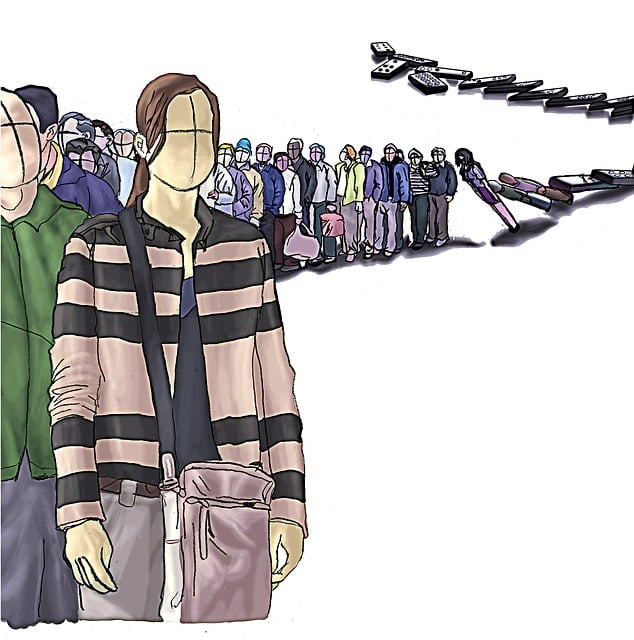
Having survived through the Greek saga with the Euro still intact, the banks, for now, still standing, and a new capital markets union in the offing, it could be argued that Europe’s economic union has withstood the slings and arrows of misfortune that have come its way in the last few years. The same, however, cannot be said of its political union.
In his State of the Union address delivered to the European Parliament, Commission President, Jean Claude Juncker, went so far as to call it an “existential crisis”. The day before making this statement, two headlines came out that supported his diagnosis. The first concerned the revelation that the EU admitted Romania and Bulgaria despite warnings from The European Court of Auditors (ECA) that they were not yet ready. The second involved comments made by Juncker’s compatriot, the foreign minister of Luxembourg, Jean Asselborn who said that Hungary should be excluded “temporarily or if need be forever” from the EU on account of the government’s authoritarian lurch and rough handling of the refugee crisis.
Looking more deeply at these interconnected issues we cannot help but agree with Juncker’s gloomy assessment about Europe being in a state of crisis. Since 2008, the main criticism of the EU has been that as a monetary, but not fiscal, union it has been incapable of correcting the imbalances that resulted from the differing economic needs of core and periphery members. Much has been made of this policy mismatch and the deleterious effect it can have, especially on the periphery.
The attention given to this divergence in economic priorities is understandable given that it cuts to the core of the Euro crises; however, while all eyes have been trained on the economic situation, insufficient attention has been paid to a divergence of another, possibly more threatening, kind that has been opening up among member states on the political level.
While the founding members, having set a course for “ever closer union” went into autopilot, expecting to arrive at a state of near perfect union sometime in the medium term, they never imagined that the idea of a perfect union in Berlin might be very different from that in Sofia, Prague or Budapest. That status quo lasted until the onset of the refugee crisis, which revealed the extent of the ideological parting of ways between old and new Europe.
Bulgaria was hard hit by the waves of refugees making their way into Europe, a crisis that translated into violence against asylum seekers committed with impunity by border guards. The country erected a 230-kilometer fence on its border with Turkey and has deployed the army to patrol it, which was accompanied by a spike in the number of reports of excessive force. This happens in a country whose European values are under scrutiny for other reasons, such as its shaky commitment to the rule of law and the nefarious influence the Mafia has over the state.
Across the border, Romania shows the same signs of hostility to refugees despite barely having any asylum seekers crossing its borders. Nevertheless, Bucharest loudly rejected the European Union’s quotas mandatory quotas, arguing that taking in 6,000 would be too much to handle. And indeed, Romania seems to have troubles even keeping its current population within its borders. Millions of Romanians have already left the country over the past decade for economic reasons. The current caretaker government of Dacian Ciolos has been accused of standing idly by as the health care system (understaffed by at least 30,000 physicians) crumbled, and has proved incapable of handling massive strikes and walk-outs. To top it off, Ciolos is accused of leading a witch-hunt against political opponents as part of a wide anti-corruption drive with the help of the Romanian Intelligence Service.
Romania’s case is however typical of the political climate prevalent in Central and Eastern Europe. The Visegrad group (composed of the Czech Republic, Hungary, Poland and Slovakia) has emerged as a stalwart bastion countering western values of liberalism, tolerance and open borders with its own set of values: Christian, nativist, authoritarian.
The most headline grabbing of these countries’ leaders is perhaps Viktor Orbán whose opposition to the EU quota system for distributing refugees throughout the block has become a rallying cry with which to drown out the criticism of corruption and cronyism that plague his administration. Claiming that the admission of Muslim refugees into Europe would undermine its Christian identity, Orbán has successfully fanned the flames of xenophobia in Hungary to a level grossly disproportionate to the vanishingly small number who would actually be settled in the country under the proposed quota system. A forthcoming referendum on migration is expected to swing largely in favor of the government and be used by Orban as a stick against further pressure from Brussels.
Poland, equally concerned with the preservation of its Christian identity, if not its democratic institutions, has come under fire from Brussels for undermining the ability of the supreme court to review legislation, leading to accusations of a power grab on behalf of the government and a roll back towards soviet style centralization. A clash between protesters and the government over the introduction of highly restrictive abortion laws and the influence of the Catholic Church on policy speaks to the growing rift between the country’s urban youth and the staunchly conservative Law and Justice Party.
It is strange how the newest members of the European Union, who have benefited both financially and politically from being members of a powerful political bloc, have been the first to jump ship at the first sign of trouble. Since its creation the EU has been driven by a set of common principles that it was thought would always define the Union. The refugee crisis has woken “old” Europe up to the realization that in a union of 28 countries those principles may not be so common anymore.